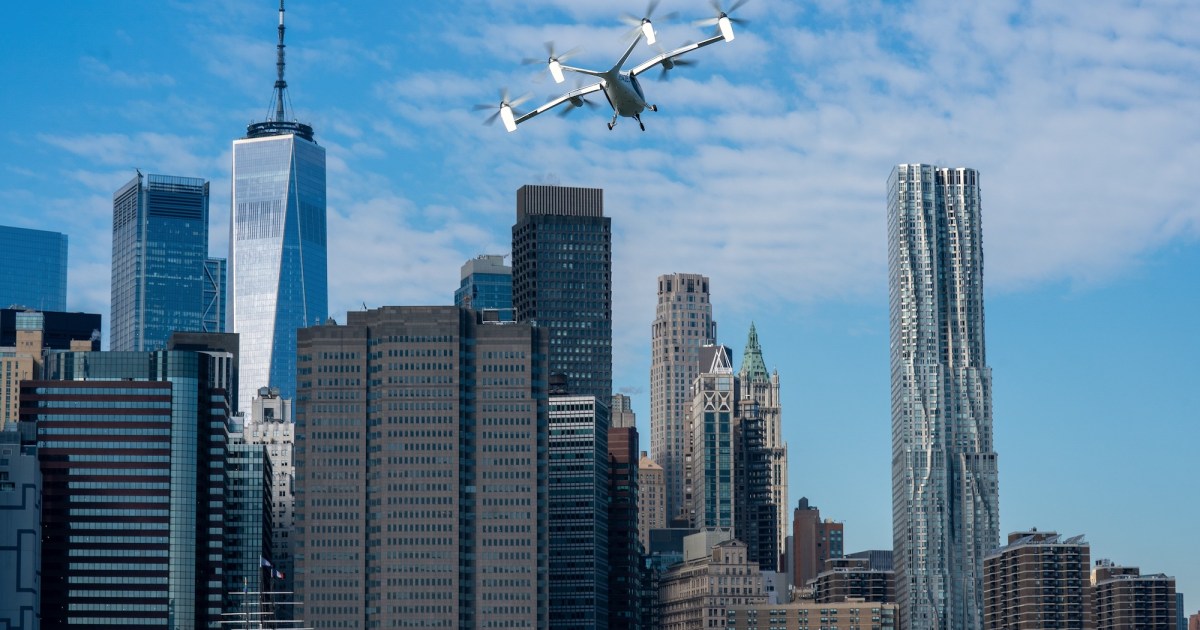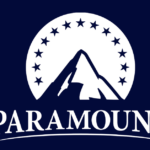Flying taxis, once the stuff of sci-fi movies, were widely expected to make a big splash by whizzing over the city of lights during festivities at the Paris Olympics last summer — before getting scrapped due to certification concerns.
That isn’t stopping Toyota from pouring more money into air mobility.
The Japanese giant is making another $500 million investment in Joby, the California-based company that last November pioneered the first-ever test flight of an air taxi over the skies of a crowded U.S. metropolis (New York City). Just last month, Joby also signed an agreement with the United Arab Emirates that could allow for commercial passenger services to start in Dubai as early as 2025.
Plans for U.S.-based commercial operations are also underway: Delta Air Lines is in partnership with Joby to eventually offer air taxis as a perk for its travelers, while United Airlines is partnering with Archer Aviation.
Air Taxis, also known as electric vertical take-off and landing (eVTOL) vehicles, promise to offer a much faster, quieter, and cleaner (free of carbon emissions) mobility service compared to ground transportation.
Joby says its electric air taxi is designed to carry a pilot and four passengers at speeds of up to 200 miles per hour. Some eVTOL vehicles are also being designed to operate autonomously.
Toyota’s interest in Joby began in 2019. With the latest tranche of money, the Japanese giant has now invested close to $900 million to support the certification and commercial production of Joby’s electric air taxi.
In addition to money, Toyota says it is investing time and resources to share its knowledge of process planning, manufacturing, and tooling design with the Joby team in California. Last year, the two companies signed an agreement for Toyota to supply key powertrain and actuation components for Joby’s aircraft.
Safety and certification processes remain the biggest hurdle for the full development of air taxi services, as the canceled Olympic flight of Germany’s Volocopter demonstrated.
But many companies around the world, such as Hyundai and China’s XPeng HT Aero, are also vying for a share of the air mobility market. The ground taxi service and e-hailing market is currently estimated at $500 billion around the world, according to consulting firm McKinsey. And more than 20% of people currently using these ground services can “definitely imagine” hopping on flying taxis.
Actual plans for air taxi operations in the U.S. remain so far tied to airport-to-city services. But Joby, for its part, has been looking further ahead ever since it bought Uber Elevate in 2020,and is hoping to someday pair its air taxis with Uber’s ride-hailing app.
Read the full article here














